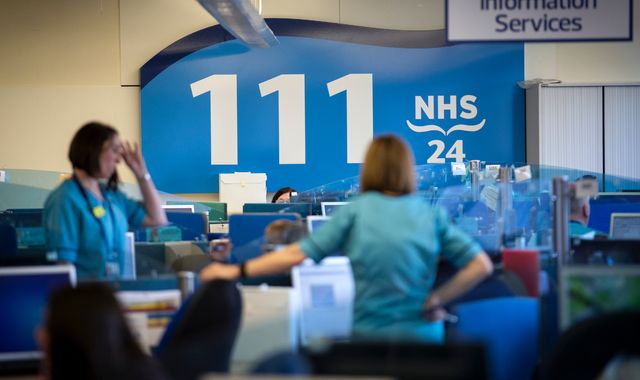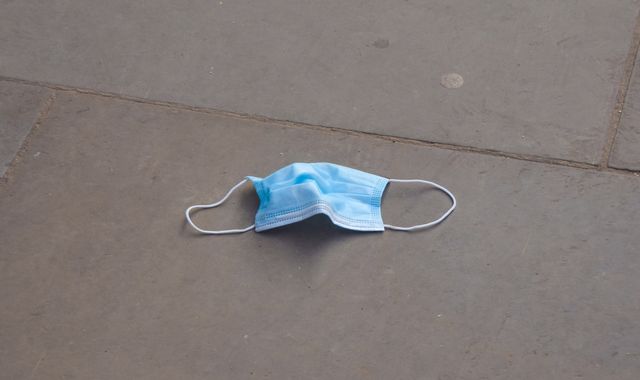Coronavirus: Why you shouldn’t automatically call NHS 111 if you have symptoms
Written by News on 16/03/2020
People with coronavirus symptoms should only call 111 if they “cannot cope”, the NHS has said.


Guidelines on the NHS website advises those with a high temperature or a new, continuous cough to simply stay at home and not contact them or visit their GP.
When should I call 111?
The NHS is asking people to use its 111 online service if:
- You cannot cope with your symptoms at home
- Your condition gets worse
- Your symptoms do not get better after seven days
People are asked to phone 111 only if they cannot get help online.
When should I self-isolate?
People should stay at home for seven days if they have either:
- A high temperature
- A new continuous cough
“Do not go to a GP surgery, pharmacy or hospital,” the NHS website adds. “You do not need to contact 111 to tell them you’re staying at home.”
UK Health Secretary Matt Hancock announced that elderly people are likely to be asked to self-isolate for up to four months – news that emerged from anonymous briefings.
Those who refuse to self-isolate or comply with restrictions could face a fine of up to £1,000.
What should I do if I’m self-isolating?
The NHS is asking people staying at home to:
- Try and keep two metres (three steps) away from other people in your home – especially older people or those with long-term health conditions
- Ask friends and family and delivery services to deliver food and medicine – but avoid contact with them
- Sleep alone if possible
- Wash your hands with soap and warm water for 20 seconds on a regular basis
- Try to stay away from older people and those with long term health conditions
- Drink lots of water and take everyday painkillers – like paracetamol and ibuprofen – to deal with your symptoms
- Not have visitors and ask people to leave deliveries outside
- Not leave the house – including going for a walk or to schools or any public places
How do I avoid catching or spreading COVID-19?
- Wash your hands regularly – with soap and water and for at least 20 seconds
- Wash your hands when you get home or into work
- Use hand sanitisers if you do not have access to soap and water
- Cover your mouth and nose with a tissue or with your sleeve – not your hands – when you cough or sneeze
- Used tissues should be put in the bin immediately and your hands should be washed afterwards
- Try to avoid contact with people who are unwell
- Do not touch your eyes, nose or mouth if your hands are not clean
How is the virus spread?
The NHS says it is not exactly known how coronavirus is spread from person to person because it is a new illness.
It says similar viruses are spread in cough droplets and that it is “very unlikely” to be be spread through things like packages or food.
Is there any treatment?
There is no specific treatment for coronavirus and antibiotics do not work as they do not work against viruses.
Any treatment can only relieve symptoms while your body fights the illness, and you will have to self-isolate until you have recovered.
What has the government’s chief scientific adviser said?
Sir Patrick Vallance has told Sky News millions of Britons will need to contract coronavirus in order to control the impact of the disease which is likely to return “year on year”.
He said about 60% of the UK population will need to become infected with COVID-19 in order for society to have “herd immunity” from future outbreaks.
Herd immunity is the resistance to a contagious disease within a population because enough people have become immune.
Public Health England (PHE) warned health chiefs the epidemic in the UK could last until spring next year and could lead up to 7.9 million people being admitted to hospital.
For more information and advice visit nhs.uk/coronavirus
(c) Sky News 2020: Coronavirus: Why you shouldn’t automatically call NHS 111 if you have symptoms







